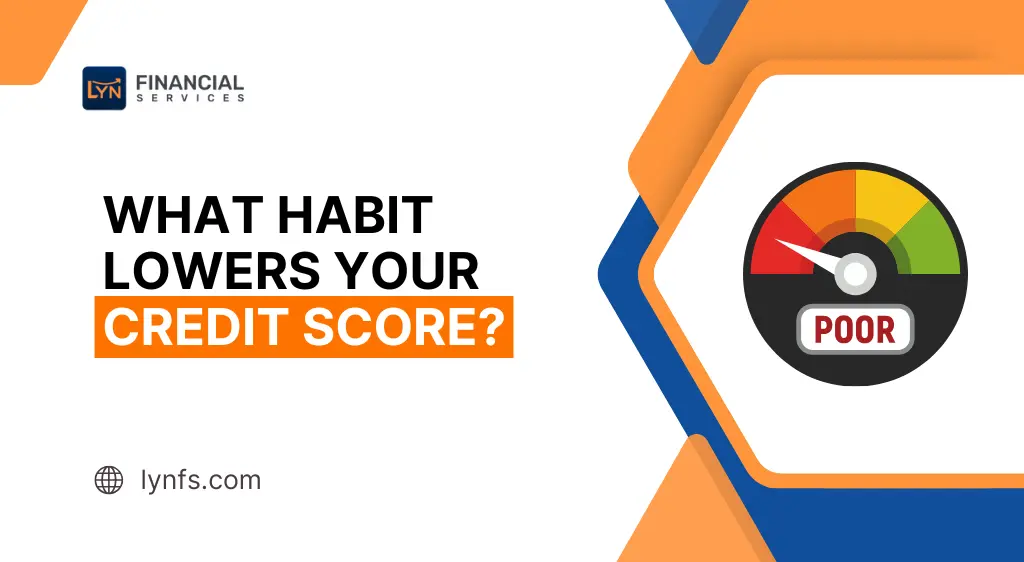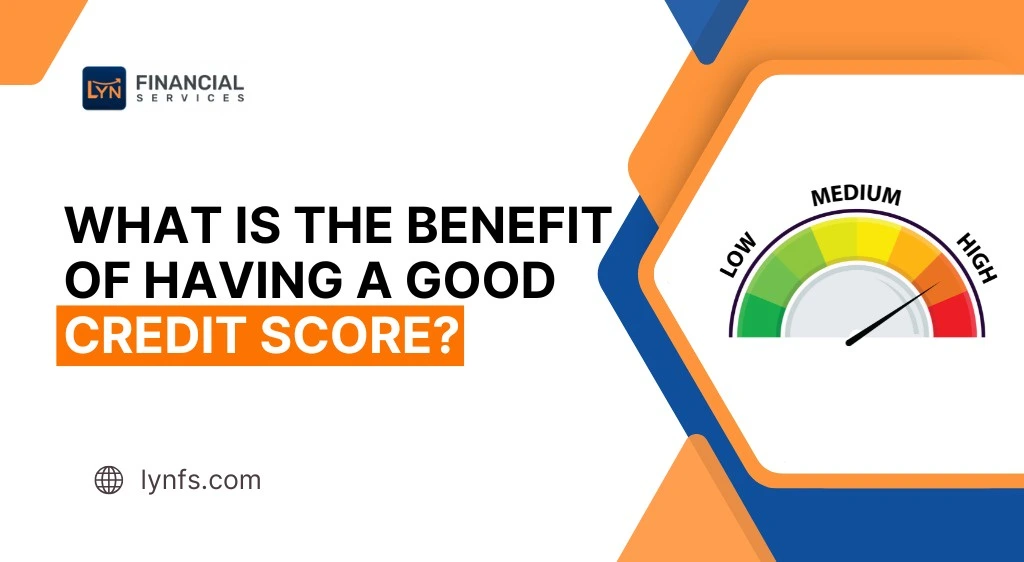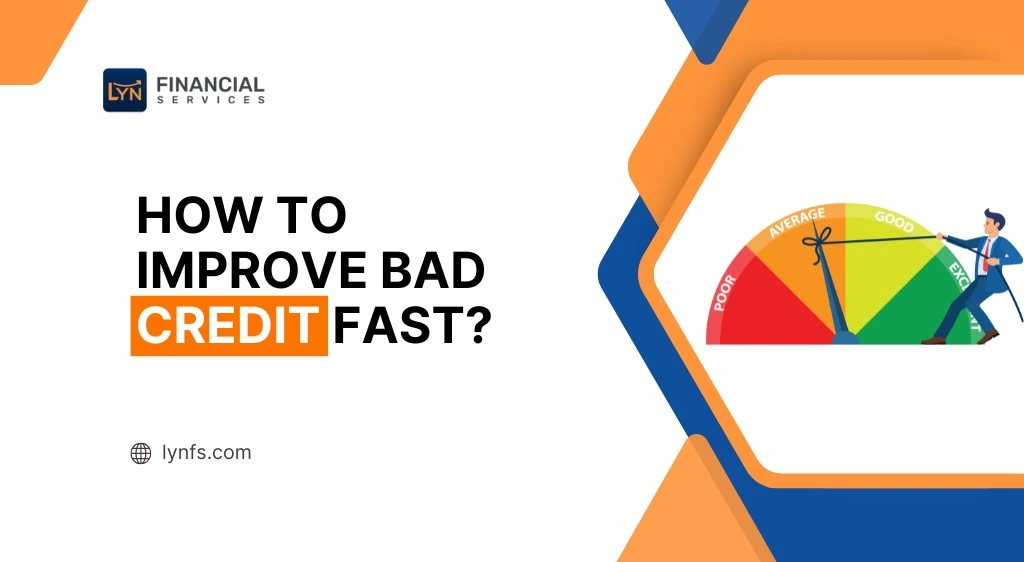A good credit score is more than just a number—it’s your financial reputation. More importantly, it impacts your ability to secure loans, qualify for credit cards with better rewards, rent a home, or even land certain jobs.
However, maintaining a good credit score requires careful attention to your financial habits. While most people understand the importance of paying bills on time, they often overlook smaller, seemingly harmless behaviors that can negatively affect their creditworthiness.
In this blog, we’ll explore some of the habits that may be quietly pulling your credit score down. By identifying and correcting these habits, you can protect your financial future and ensure that your credit score remains healthy.
5 Habits That Lower Your Credit Score
1- Making Late Credit Card Payments or Loan Payments

Your payment history is the most critical factor in determining your credit score. So, when you miss payments on credit cards, personal loans, mortgages, or other credit accounts, you send a strong negative signal to credit bureaus about your financial reliability.
Even a single missed payment can cause your credit score to drop by 100 points or more, depending on your credit profile. Late payments remain on your credit report for seven years, leaving a long-lasting impact on your creditworthiness.
Financial institutions view missed payments as a high-risk indicator, suggesting you struggle to manage debt responsibly.
So, to maintain a healthy credit score, set up automatic payments, create payment reminders, or establish a personal system that ensures you never miss a due date. Consistently making on-time payments helps with financial discipline and also helps build a strong credit reputation.
2- Using Too Much of Your Available Credit Limit

The credit utilization ratio (CUR) is the second most important factor in credit scoring. This ratio measures the amount of credit you’re currently using compared to your total available credit limit.
Most financial experts recommend keeping your credit utilization below 30%, with the ideal range being 10-15%.
When you consistently max out credit cards or maintain high balances, it signals potential financial strain to credit scoring models. High credit utilization suggests you might be over-reliant on credit and could be at greater risk of defaulting on future payments.
Even if you pay your balance in full each month, high reported balances negatively impact your credit score. To improve your credit utilization, consider spreading expenses across multiple cards, making mid-cycle payments, or requesting credit limit increases while maintaining low balances.
Also Read: How to Improve Bad Credit Fast?
3- Closing Credit Accounts

Closing credit accounts also unexpectedly harm your credit score by impacting two crucial scoring factors: credit history length and credit utilization ratio.
When you cancel an older credit card, you reduce the average age of your credit account, which can lower your credit score. Longer credit histories are viewed more favorably by credit scoring models, as they demonstrate a sustained track record of managing credit responsibly.
Moreover, closing an account reduces your total available credit, increasing your credit utilization ratio. For example, if you close a credit card with a $5,000 limit while maintaining the same balance on other cards, your overall credit utilization will increase.
So, instead of cancelling your credit card, consider keeping it open, making occasional small purchases to maintain activity, and paying them off instantly.
4- Having Your Credit Limit Lowered

A reduced credit limit can significantly impact your credit score by immediately increasing your credit utilization ratio. When a credit card issuer lowers your credit limit, the percentage of credit you’re using rises, even if your actual spending remains unchanged.
For instance, if you have a $5,000 balance on a card with a $10,000 limit and the issuer reduces your limit to $6,000, your utilization jumps from 50% to over 80%. This sudden increase triggers a substantial credit score drop.
Sometimes, credit card companies lower credit limits due to reduced credit activity, economic conditions, or perceived increased risk. To mitigate this risk, maintain regular credit card usage, consistently make on-time payments, and communicate proactively with your credit card company if you anticipate limit reductions.
5- Applying for Too Many Loans or Credit Cards

Each time you apply for credit, a hard inquiry is placed on your credit report, which temporarily lowers your credit score. Multiple hard inquiries within a short period suggest to lenders that you might be experiencing financial difficulties or planning to take on significant debt.
While a single hard inquiry might reduce your score by less than five points, several inquiries can have a compounding effect. Most credit scoring companies consider inquiries from the past 12-24 months, with the impact diminishing over time.
Different types of credit applications are treated differently: multiple mortgage or auto loan inquiries within a short timeframe are often counted as a single inquiry, recognizing that consumers shop around.
Moreover, multiple credit card applications can be seen as a red flag. So, before applying, research pre-qualification options and be strategic about credit applications.
Looking for a credible credit repair company to improve your credit score? Get in touch with Lyn Financial Services now and reclaim your financial freedom!






